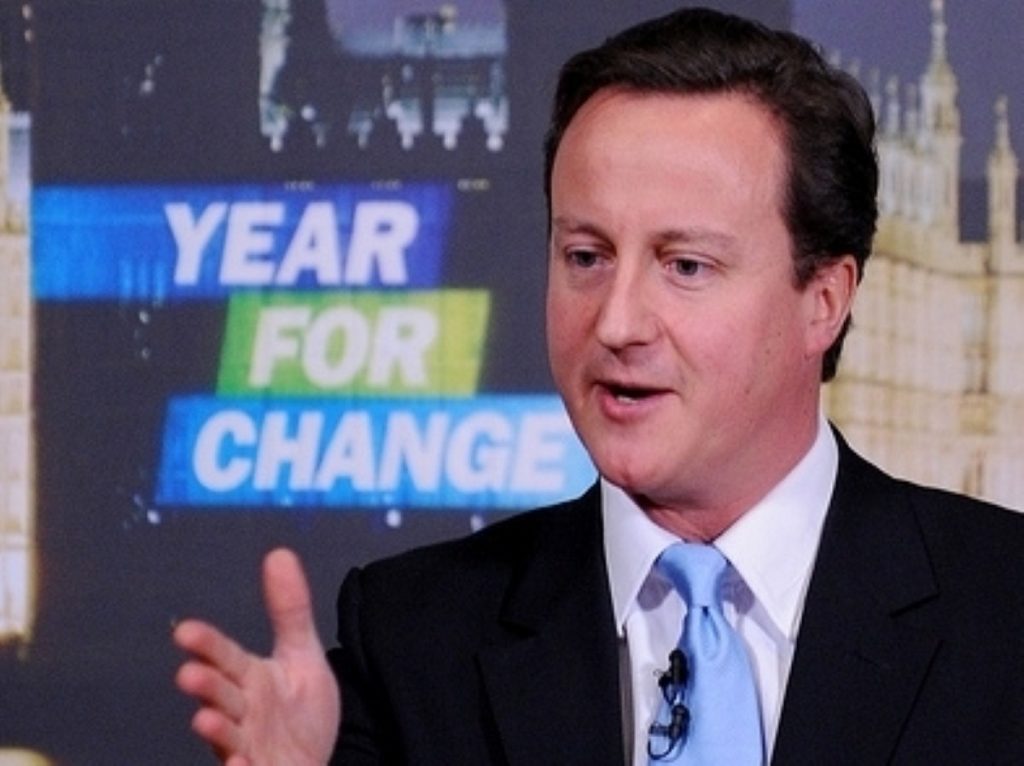Cameron ‘cynically exploited racist extremism’
By Phil ScullionFollow @PhilScullion
A Labour backbencher has suggested the prime minister "cynically" exploited racist extremism for political ends by not banning Hizb ut-Tahrir.
In an article for politics.co.uk Toby Perkins criticised David Cameron's failure to ban the controversial Islamic organisation despite promising to do so when in opposition.
He said that Cameron's condemnation of the organisation may have been a cynical decision intended to "play on racial tensions for naked political advantage".


In a manifesto pledge the Conservatives promised to ban any organisations that "advocate hate or the violent overthrow of our society" and specifically referenced Hizb ut-Tahrir.
However in response to a question on the issue by Mr Perkins at PMQs the prime minister said: "It is endlessly frustrating that we are subject to so many legal requirements, but I am afraid that we have to be a government under the law."
The Chesterfield MP suggests that this answer points to one of two conclusions.
Firstly, that the prime minister put forward the policy in opposition without checking its legality and thus did not show due diligence, or alternatively he did check it but decided to use it regardless and then quietly drop it as unworkable once in government.
If the second conclusion is accurate Mr Perkins argues this will show David Cameron acted cynically, fully aware that the policy would not be tenable.
He added: "Either way, another facet of our prime minister's character is exposed and our politics is the poorer for it."
In June 2007 David Cameron, then leader of the opposition, asked the new prime minister Gordon Brown why the organisation had not been banned, labelling it an extremist group.
Hizb ut-Tahrir has long been a controversial topic and Labour failed to ban the organisation despite announcing their intention to do so after the July 7th 2005 London bombings.
At the time police, intelligence chiefs and many civil liberties groups warned that Hizb ut-Tahrir was non-violent and pushing it underground could exacerbate the problem.
However the pan-Islamic political group has many opponents due to the emphasis it places on Muslims choosing loyalty to their religion over their country.
It has an estimated one million members worldwide and has run into trouble on a number of occasions elsewhere in Europe.
In Denmark in 2002 a Danish court determined leaflets handed out to be racist propaganda, while the German government banned the organisation from public activity based on a charge of distributing anti-semitic propaganda.

